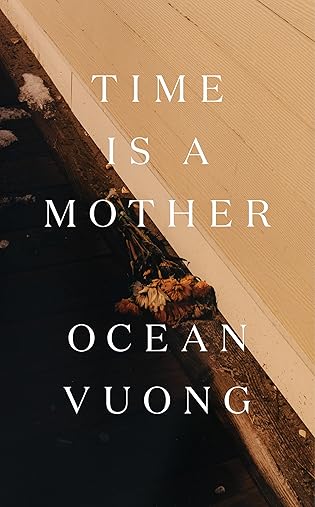 Time Is a Mother by Ocean Vuong
Time Is a Mother by Ocean Vuong Published by Penguin Press on April 5, 2022
Genres: Poetry
Pages: 114
Format: Hardcover
Source: Library
Buy on Amazon, Buy on Bookshop
This post contains affiliate links you can use to purchase the book. If you buy the book using that link, I will receive a small commission from the sale.
Goodreads
In this deeply intimate second poetry collection, Ocean Vuong searches for life among the aftershocks of his mother's death, embodying the paradox of sitting within grief while being determined to survive beyond it. Shifting through memory, and in concert with the themes of his novel On Earth We're Briefly Gorgeous, Vuong contends with personal loss, the meaning of family, and the cost of being the product of an American war in America. At once vivid, brave, and propulsive, Vuong's poems circle fragmented lives to find both restoration as well as the epicenter of the break.
The author of the critically acclaimed poetry collection Night Sky With Exit Wounds, winner of the 2016 Whiting Award, the 2017 T.S. Eliot Prize, and a 2019 MacArthur fellow, Vuong writes directly to our humanity without losing sight of the current moment. These poems represent a more innovative and daring experimentation with language and form, illuminating how the themes we perennially live in and question are truly inexhaustible. Bold and prescient, and a testament to tenderness in the face of violence, Time Is a Mother is a return and a forging forth all at once.
I borrowed this collection from the library after encountering a poem from the collection, “Amazon History of a Former Nail Salon Worker.” After reading the collection, I still think that poem is the best in the collection. It’s a found/catalog poem that asks the reader to sift through purchases to assemble an entire life. It tells a fascinating story, and I think I’d like to share it with my students.
There were some other gems in the collection, including “Dear Rose,” “The Punctum,” “Toy Boat,” “Reasons for Staying,” and “Küntslerroman.” The imagery is strong, and I appreciated Vuong’s diction and structure. Overall, I would not say this collection is one of my favorites, but it was well worth a read.
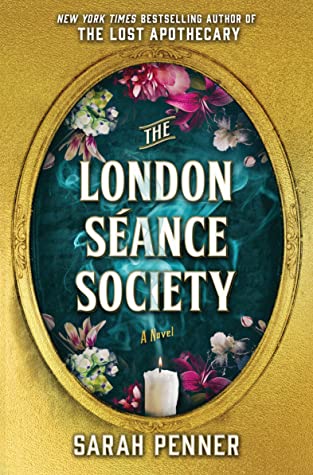 The London Séance Society by
The London Séance Society by 
 Villette by
Villette by 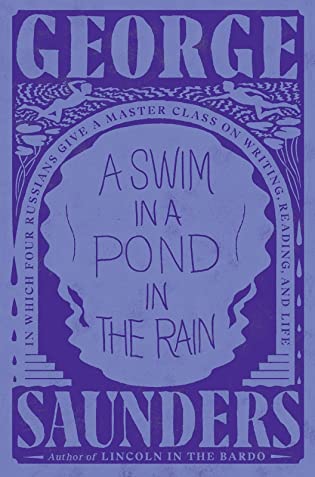 A Swim in a Pond in the Rain: In Which Four Russians Give a Master Class on Writing, Reading, and Life by
A Swim in a Pond in the Rain: In Which Four Russians Give a Master Class on Writing, Reading, and Life by 
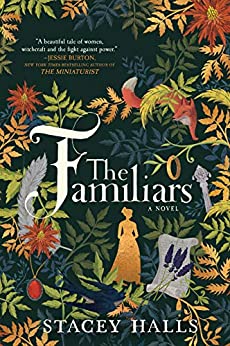 The Familiars by
The Familiars by 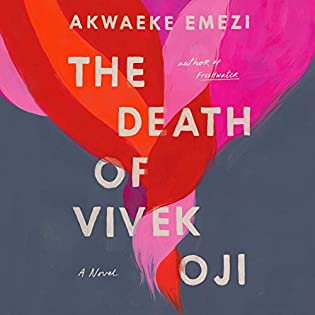 The Death of Vivek Oji by
The Death of Vivek Oji by 






 I read these stories as part of the
I read these stories as part of the 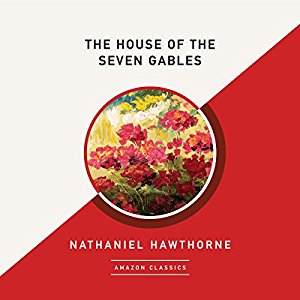 The House of the Seven Gables by
The House of the Seven Gables by 
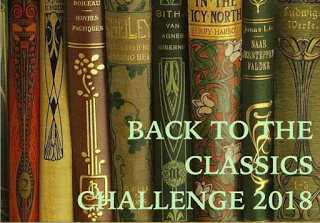
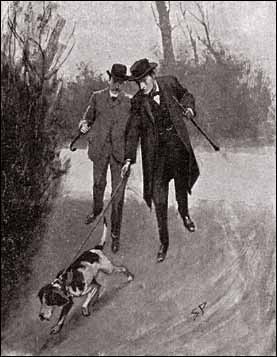

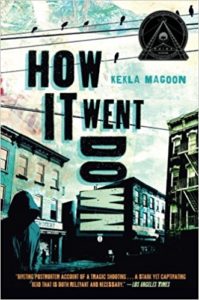 How It Went Down by
How It Went Down by 